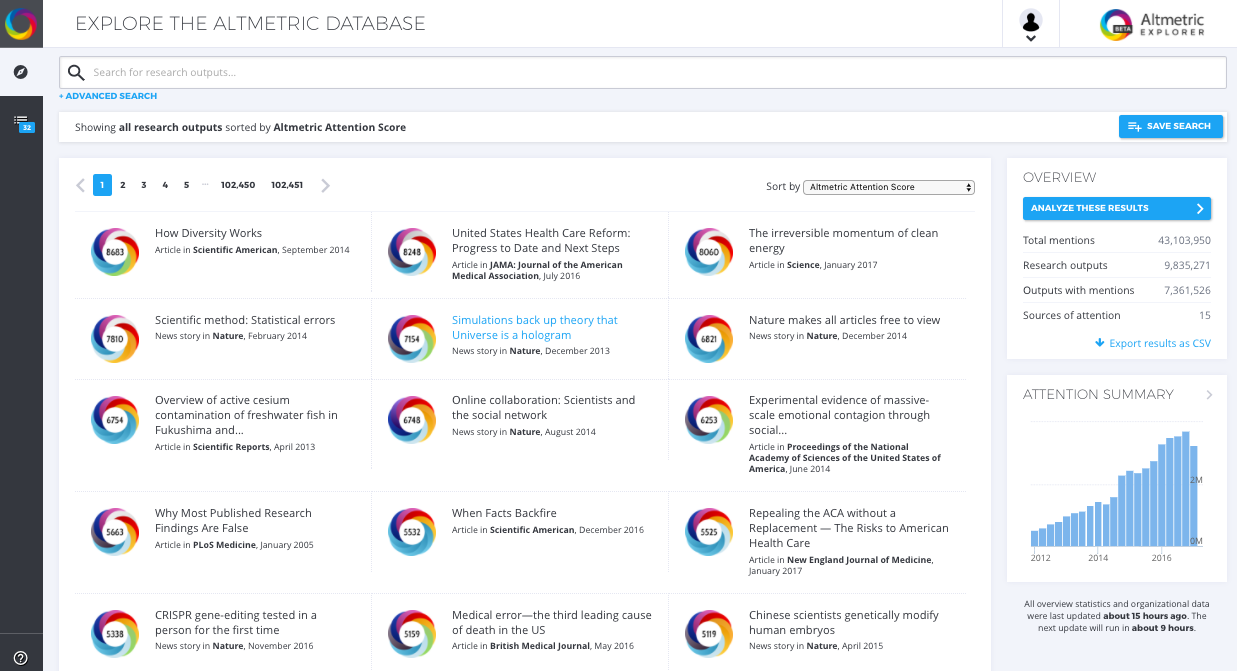
Do collaborations foster more creative or novel research?
In 2007, researchers from the Northwestern Institute on Complexity (NICO) and Kellogg School of Management published an influential study that analysed 19.9 million papers and 2.1 million patents to look at how research production has changed over time. The study found that:
Research is increasingly done in teams across nearly all fields. Teams typically produce more frequently cited research than individuals do, and this advantage has been increasing over time. Teams now also produce the exceptionally high-impact research, even where that distinction was once the domain of solo authors.1
In a follow-up article in Kellogg Insight, two of the researchers from the 2007 study suggest that a plausible explanation for the shift to teams is that more creative or novel research might be fostered by collaborations.
- WUCHTY, S., JONES, B. F. & UZZI, B. 2007. The Increasing Dominance of Teams in Production of Knowledge. Science, 316, 1036-1039. ↩






